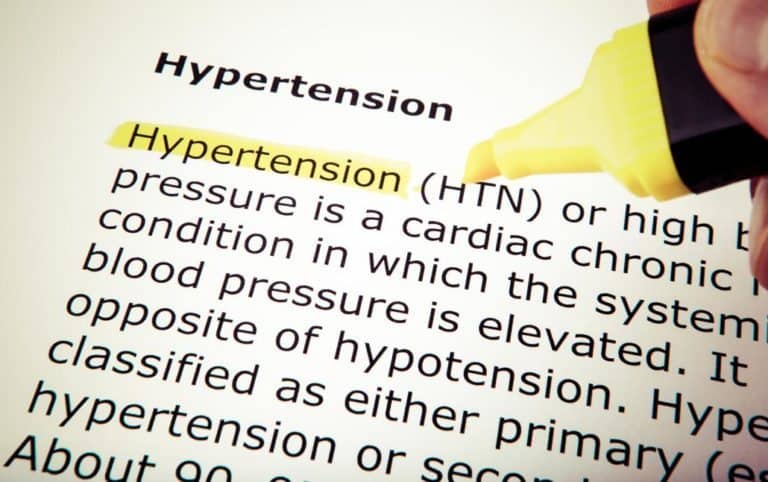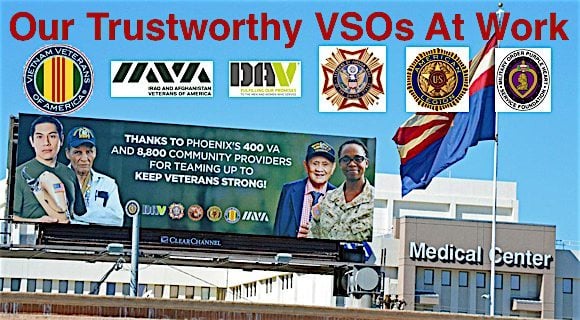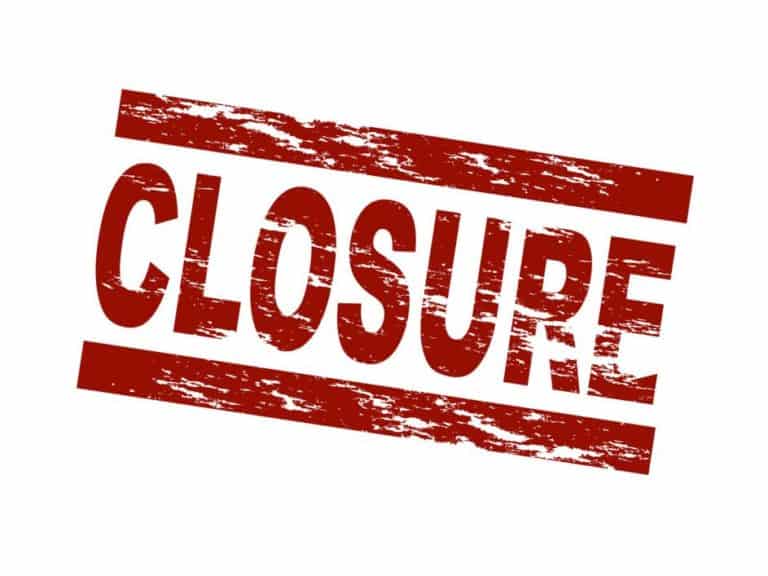VR&E – What Happens When Your VA Disability Goes Up?

There are three key takeaways you will learn here:
- Focus on your old job in the military or as a civilian when considering how an increased rating will affect your claim
- Ask, “How does this increase likely impair that kind of job?”
- Take a look at 38 CFR § 21.78 to see what the regulations say
I used VA Voc Rehab from 2001 to 2014, and much of my book, The Voc Rehab Survival Guide, is based on that experience.
VA Voc Rehab paid for me to attend an undergraduate degree at Northwestern University and the University of Minnesota Law School. Both of these schools are considered “high cost” and are very prestigious. As a veteran from a blue-collar background, I was very humbled by the opportunity to study at both places, but there is much more to the story.
During that time, my disability rating went up six times, from a lowballing 10% to 100% Permanent and Total. The more educated I became, the more successful I was in advocating for myself.
Your primary lesson after reading this should be that every case is very, very different. No two veterans will have the same experience prior to approaching Voc Rehab for benefits. Likewise, no two veterans will have the same experience when seeking to get the same benefits from the program. The same holds true for disability compensation.
For example. one veteran wrote in yesterday that his disability went up from 30% to 50%. He wanted to know how this would affect his receipt of benefits from Voc Rehab. The honest answer is, “Who knows?” Just based on the numbers, no one can tell you exactly how it will affect a claim.
When my rating went up from 20% to 40% related to my bad back, the counselor increased my employment handicap from “Employment Handicap” to “Serious Employment Handicap.” This increase allowed me to receive 81 months of benefits totaling $323,000 in educational support because it removed the 48-month cap.
Because of my limited work experience outside of blue-collar jobs, this increased handicap was applied toward limitations related to work as a carpenter. For a carpenter, a bad back is catastrophic. For a person pushing pencils in a sedentary desk job, the increase will mean little to nothing.
[SEE 38 CFR § 21.78 – APPROVING MORE THAN 48 MONTHS]
What does this mean for you? Nothing. The example is here to instruct you as to where to look for regulations and to provide some context as to how the program works within the confines of another veteran’s own personal story.
Back to our three key takeaways I talked about before, be sure to research the heck out of your own circumstance. Try to be as objective as possible. Write down your reasoning. Find a friend or classmate to give you feedback on whether or not your reasoning is logical based on the regs.






My rating is up to 100 now and the VRC is giving me all kinds of flak on getting a program approved. I can’t do what I did before because it was physically demanding.
I already have BA degree but it is 10+ years old so not really relevant I am seeking an advanced degree to get my JD and have taken the LSAT. but this VRC comes up with excuses that no veterans she knows has got a job in law and that I am unreasonable and I should do an internship in some VA data entry room but must type 45 words per minute. She will not provide any other suggestions or what other veterans are doing just telling me I can do work study at VA. VRC suggested I do paralegal program which is 4 months. I talked to attorney friends and they say having your law license is a money ticket a law firm needs you where as paralegals are a dime a dozen and their billing and promotion is limited unless I want to be in the same pay grade and have a higher earning spouse that is a breadwinner, there is no future in this.
She sent me a letter saying she is going to close my case for a lack of a plan but she will not agree to anything just that I am too old 40 plus to do any more school and she does not think I will get hired due to my high rating even though their are many open government jobs that will hire JDs and give them two years to take bar.
I have provided several job searches of openings and even the ones willing to accommodate for disability and she is not interested just because I have higher rating than her other people that do not get jobs. I am reading your info and will definitely get you book and read through it.
It just seems that VRCs don’t want to pay for JDs for vets even when there is going to be a benefit. I was wondering how your 100% impacts your rating if you complete the program they will say you are cured or what. I don’t want them to close my case but VRC seems very unwilling to help and does not want to volunteer input.
Any suggestions on this to get VRC to approve JD?
Also can VA workstudy work at a private law firm or nonprofit and where do we go about this to get approved?
I applied for VOC REHAB, voc rehab counsellor told me I am not feasible to work due to my disabilities of 60% so she told me no need to go school since I am not employable and no ILP for me, she sent a letter to VA requesting IU increase, what does it means?I didn”t apply for TDIU yet, thanks
I think this is a positive thing that is in large part due to the years of hard work by Ben Krause. Note that he is talking about an “increase” in your rating. That is something that is happening more these days since McDonald took over as Secretary of the VA. Ben has held the Secretary’s office accountable for positive change. Ben has even located and posted the Secretary’s cell phone number and email address, plus Allison Hickey’s email address, and some of us have even contacted them and gotten positive results or real action on our claims. McDonald has pulled a rabbit out of his hat and has “talked that talk and walked that walk” as they say in Spec Forces which he comes from as a non-combat officer Captain. Ben has things dialed in and I bet I am not the only one seeing these changes that he has fought so hard to get going.
Good brief Ben.
Something else to consider is the calculation for the amount paid for back-awards. It takes a financial analyst, I know because I was one, to reconcile the payment with the rating amounts. You can request a reconciliation from the VA in writing, and this is particularly important if you are receiving military retirement, CRDP, or CRSC. Don’t forget, if you the increase is for a combat related disability, you must make a request for an increase in CRSC/CRDP from your applicable service office.